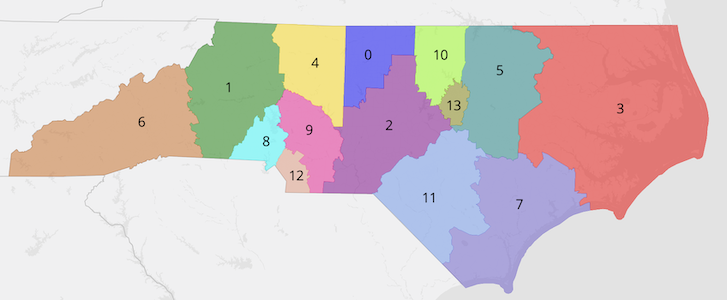About me

In this day and age, data is more important than ever. However, good data is not very accessible to most ordinary folks, so I am a firm believer of well-designed, interactive data visualizations, that allow all people the ability to make their own data driven decisions.
I am pursuing my M.S. in Data Science at Columbia University.
I have experience with both software development and data science. I have also taken several classes pertaining to both, including classes on algorithms, machine learning, data science, bayesian statistics, linear algebra, and more. I have participated in several hackathons and datathons, including Duke's datafest where I won the best prize for visualization. My work experience includes summer internships with Amazon, Lenovo, and Apple.
Read more
Born and raised in Chapel Hill, NC, I have always enjoyed living by a university with all of the academics and opportunities it affords. Having attended Duke University, and now Columbia, I get to fully take advantage of the university perks. I enjoy doing research, teaching, and working on data projects that I am excited by. In undergrad, I worked with a research group that analyzed long term, whole ecosystem data from the ELA (Experimental Lakes Area) to best visualize and communicate the crucial environmental findings. The summer after my sophomore year, I interned at Amazon as a software development engineering intern. Naturally, I missed my coursework so much I had to double down and dip my toe into teaching. Starting my junior year, I was a teaching assistant for two undergraduate courses: STA 199 and CS 216. The summer after my junior year, I interned at Lenovo as a Data Visualization intern. However, once I graduated from Duke, I was still not done with academia, so I started a new journey at Columbia University where I am now currently pursuing my Master’s in Data Science. After my first year, I interned at Apple as a Data Engineering intern in sunny Cupertino. I am now in my final semester at Columbia, where, when I am not in class, I am working for admissions at the Columbia Data Science Institute. However, after five and a half years in higher education I am ready to join the workforce and try something new!
Other activities I pursued while in undergrad included participating in the summer program DTech as a scholar. Additionally, my junior year, I volunteered on a political campaign as a data analyst. Two other undergraduate students and I ran analyses for and strategized with the campaign team in order to best support them. I also volunteered on the communications and marketing working group with Bluebonnet Data, the organization I volunteered with in the fall. My senior year I volunteered for AccessiBull Healthcare as a social media / marketing assistant
Outside of academics, I love to travel; some of my favorite locations so far have been the UK, Costa Rica, Germany, and Sweden (pictured). I love music and have been playing the cello for over 10 years. I have kept it up in college by playing in the pit orchestra for musicals with the student-led musical theater group Hoof 'N' Horn.


